In mid-July, the export price of rice in the Asian market fluctuated continuously when adjusted upward in major exporting countries. In just the first two trading sessions of the week, the export price of Vietnamese rice had two consecutive upward adjustments with an increase of 15 USD/ton.
Specifically, on July 18, Vietnam's rice export price was adjusted up by 10 USD/ton. Accordingly, 5% broken rice was traded at 528 USD/ton; 25% broken rice at 508 USD/ton; Jasmine at 623 USD/ton. This price has increased by 20 USD/ton compared to the beginning of July.
In Thailand, the latest data from the Rice Exporters Association shows that the price of 5% broken rice has increased by about 15% in the past 4 months, to 535 USD/ton.
In Pakistan, rice prices have also increased to a high level when adjusted up to 40 USD/ton compared to July 3, 2023.
Explaining the reason for this phenomenon, Mr. Nguyen Van Thanh - Director of Phuoc Thanh IV Production and Trading Company Limited ( Vinh Long province) - said that rice prices have skyrocketed recently due to supply being affected. Countries fear drought, combined with inflation, so they buy rice to stockpile to ensure food security.
Currently, in addition to traditional markets, such as the Philippines, which buys 2.3-3 million tons of rice from our country each year, businesses have recently received many contracts from China and Indonesia. Some countries in South Africa are returning to buy Vietnamese rice, causing the price of Vietnamese rice to increase rapidly.
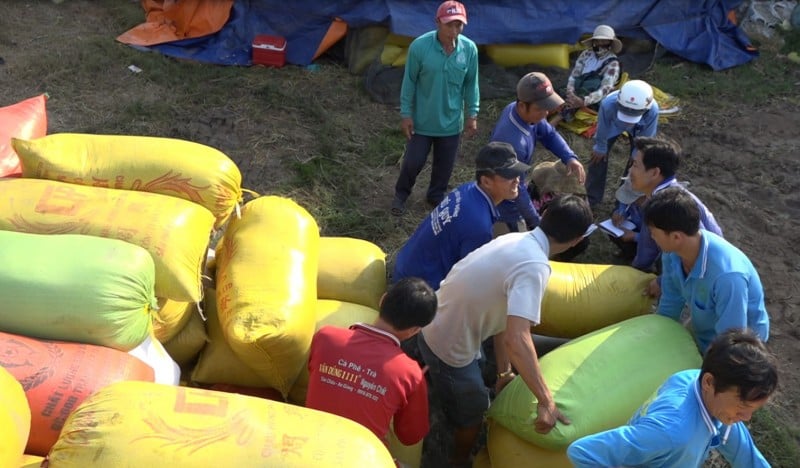 |
| Export rice prices continuously increase |
Along with that, information about India considering banning rice exports is being closely monitored by businesses. Because India currently accounts for 40% of the total global rice exports. If India's rice export ban is passed, the world rice price will increase significantly. At the same time, it will create conditions for other rice exporting countries such as Vietnam and Thailand to increase their market share.
"Last year, India also did the same to ensure domestic food security. That led to a sharp increase in rice prices on the world market, including Vietnamese rice prices," said Mr. Nguyen Van Thanh.
Regarding the information that India is considering banning rice exports, according to Mr. Nguyen Nhu Cuong - Director of the Department of Crop Production ( Ministry of Agriculture and Rural Development ), if this ban is implemented, the price of rice globally will increase dramatically. Because India is the world's largest rice exporter, while the price of rice depends largely on supply. Scarcity of supply will push up the price of rice, this problem happened in 2008.
Latest figures from the General Department of Vietnam Customs show that in the first half of this year, Vietnam exported more than 4.2 million tons of rice, worth 2.26 billion USD, up 21% in volume and 32% in value over the same period last year.
The average export price of rice in the past 6 months reached 539 USD/ton, up more than 10% compared to the same period last year and reaching the highest level in the past 10 years. Notably, in June alone, the average export price of rice reached 650 USD/ton, up 9.4% compared to the previous month of May and up 20.8% compared to the same period last year.
Vietnamese rice prices continue to increase amid high demand for Vietnamese rice. Many countries around the world are actively purchasing rice to ensure food security as the El Nino phenomenon is forecast to negatively impact agricultural activities globally.
However, Mr. Nguyen Van Thanh said that rice exporting enterprises should be careful when signing contracts in the face of fluctuating rice prices. The remaining old contracts signed before will not have very high prices, but to ensure reputation, enterprises still need to ensure supply to customers.
"Just because you see that it can be sold, you should not buy raw rice without ensuring the quality. In addition, if you sign a contract to sell rice at a high price but there is no rice in the warehouse, it is very risky. If an incident occurs, it will affect the reputation of the business in particular and Vietnamese rice in general," Mr. Nguyen Van Thanh analyzed.
Source link




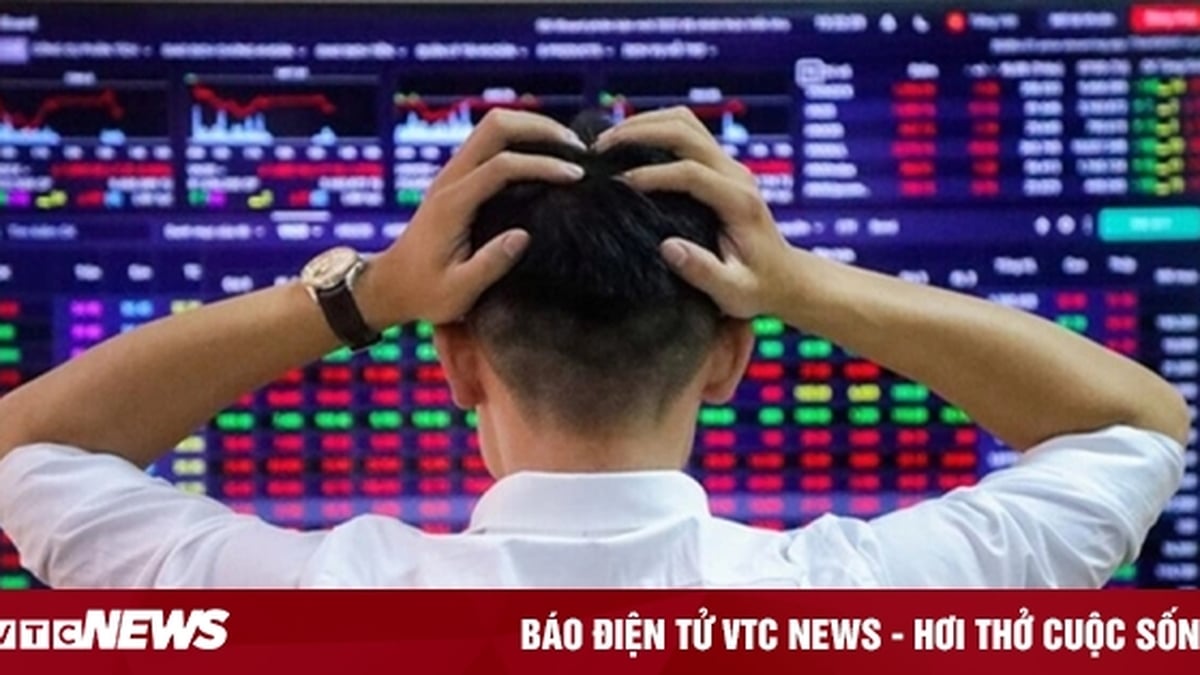






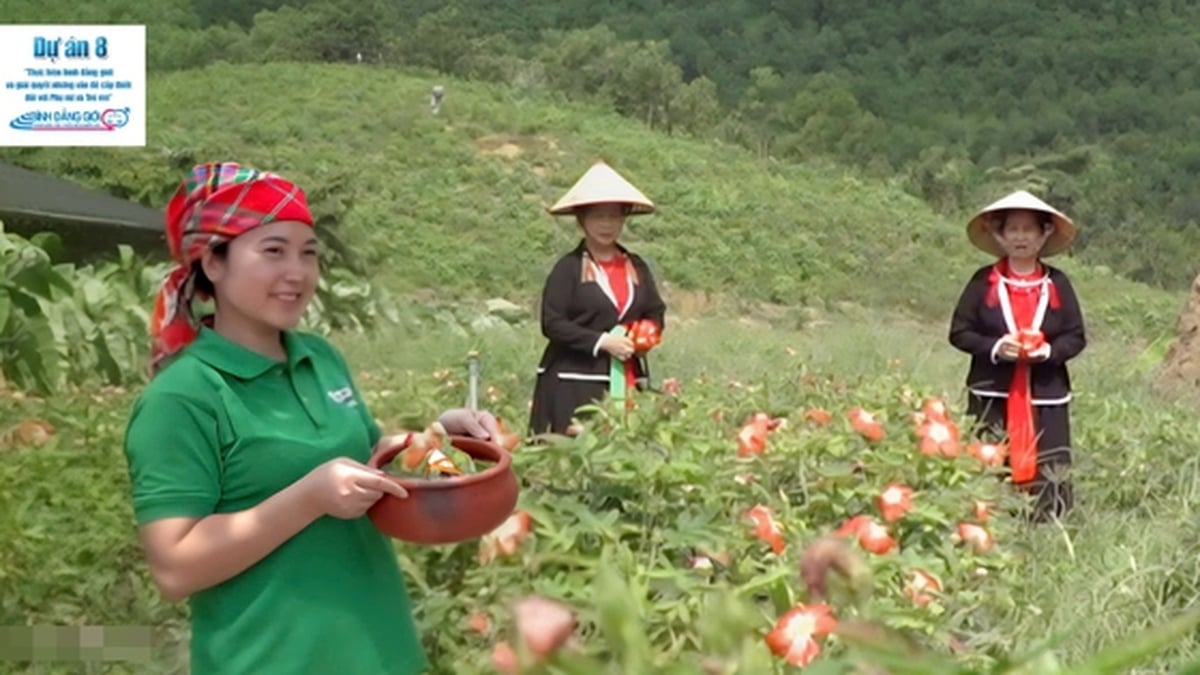

















![[Photo] National Assembly Chairman attends the seminar "Building and operating an international financial center and recommendations for Vietnam"](https://vphoto.vietnam.vn/thumb/1200x675/vietnam/resource/IMAGE/2025/7/28/76393436936e457db31ec84433289f72)







































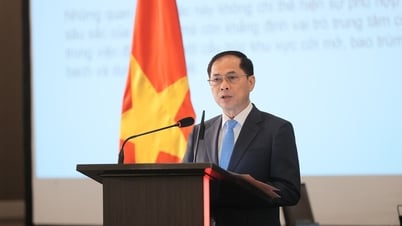

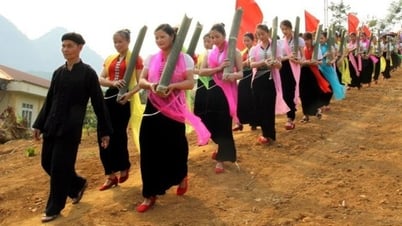


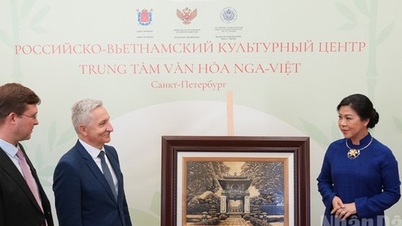

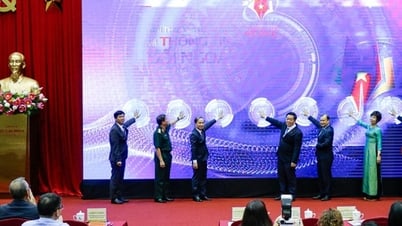
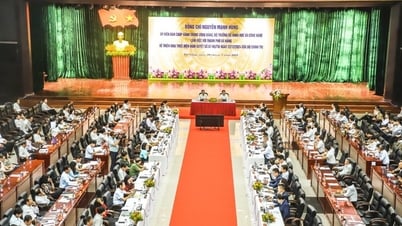























Comment (0)